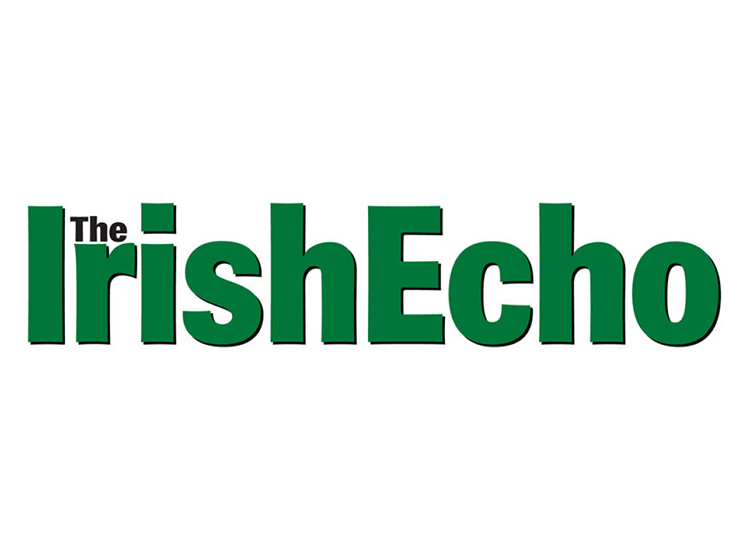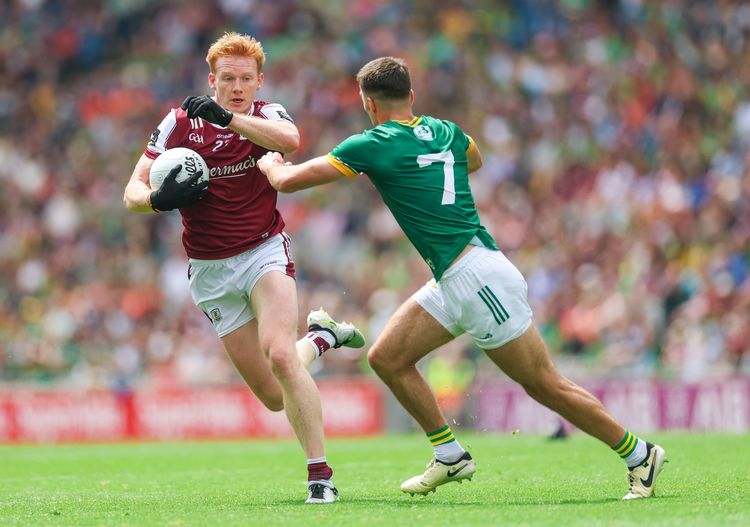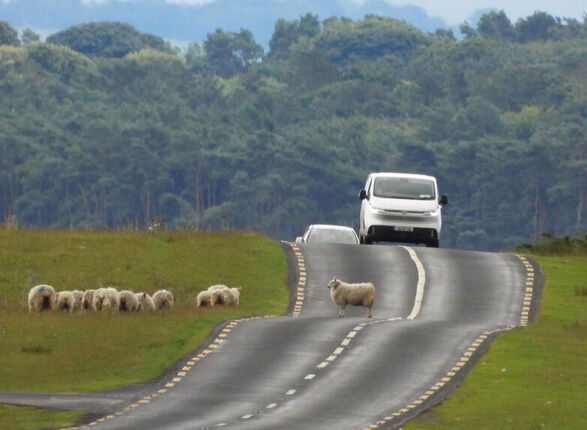It’s a rich time of the year for trad music! As you read this, the craic is carrying on mightily in Elkins, West Va. at the 30th anniversary of the Augusta Irish/Celtic Week. Others out there might have had similar craic earlier this month at the CCÉ MAD Week in Bethesda, Md., and it’s entirely likely that many of you reading this right now are recovering from having spent all of last week in East Durham, N.Y., at the Catskills Irish Arts Week, one of the U.S.’s most important celebrations of Irish music and culture. It’s a very busy time.
But despite all outward appearances, the last few years have been very tough on traditional music in America. This is in large measure due to the economy. Public grant and sponsorship sources that were once dependable are now either shrinking or delayed, which creates huge cash flow issues for the organizations that coordinate these weeks. A bad economy also means lower enrollments. People either find themselves unable to partake in these cultural weeks, or wait until the last minute to commit, both of which contribute to organizational uncertainty. These weeks depend on direct support, and although for most the spirit is willing and the love is there, support has generally been an all or nothing proposition – you either pay and attend, or you don’t.
However, something important happened recently that not only changes this, but may have a great positive impact on the traditional music community writ large. Faced with an austere budgetary outlook, CIAW’s artistic director Paul Keating launched a Kickstarter campaign that gave people who couldn’t attend – or who visit East Durham for the week but don’t enroll in any of CIAW’s programs – an opportunity to pledge their support.
Kickstarter is one of several “crowdfunding” platforms out there through which supporters of an artist or organization can pledge small amounts of money to help support independent artistic work. Different pledge points yield different rewards – large or small – depending on amount. Crowdfunding campaigns are generally promoted as major events, in that they have specific start and end dates and a funding goal, which if met, put the artist to work. However, if the goal is not met, nobody gets anything – no one’s credit card is charged and it’s back to the drawing board.
Keating set a modest $10,000 goal (which is very modest for something on CIAW’s scale) and in less than a month, 272 backers pledged $22,500. This money gave the Michael J. Quill Center (CIAW’s host organization) a much more certain operating base, but moreover, Keating reported, “it changed the dynamic from a potentially bad news situation into something good.” People felt passionately about CIAW’s security and got involved; they passed news of the campaign on to their friends and in days CIAW’s story went viral and was ubiquitous on social media sites. Keating was overwhelmed not only with the ensuing support, but the goodwill the campaign attracted.
Crowdfunding is not a particularly new idea in traditional music. Earlier this year, for example, Jem Moore turned to Kickstarter to finance his documentary on the flutemaker Patrick Olwell (which will premiere this fall), and right now singer, musician, storyteller and actor Máirtín de Cógáin is currently using it to raise money to produce a DVD musical travelogue of Cork. A couple of months ago, IrishPhiladelphia.com used gofundme.com to produce “Ceili Drive: The Music of Irish Philadelphia,” a CD showcasing trad musicians in Philadelphia, and singer Susan McKeown is using PledgeMusic.com to finance her upcoming recording project, tentatively titled “Belong.”
But what is perhaps most remarkable in the CIAW’s effort (besides the support itself) is the number of people it introduced to the ease of crowdfunding. In helping tighten the bonds of the traditional music community, a core part of it is now familiar with this new model of music patronage that supports artists and great projects in advance. I expect (and hope) that the crowdfunding model will become more widespread, and musicians and arts organizations will use it as a way of developing broad, engaged support for what they do. Done properly, it can be an amazingly effective and low risk way of financing independent music, both for funders and fundees.









